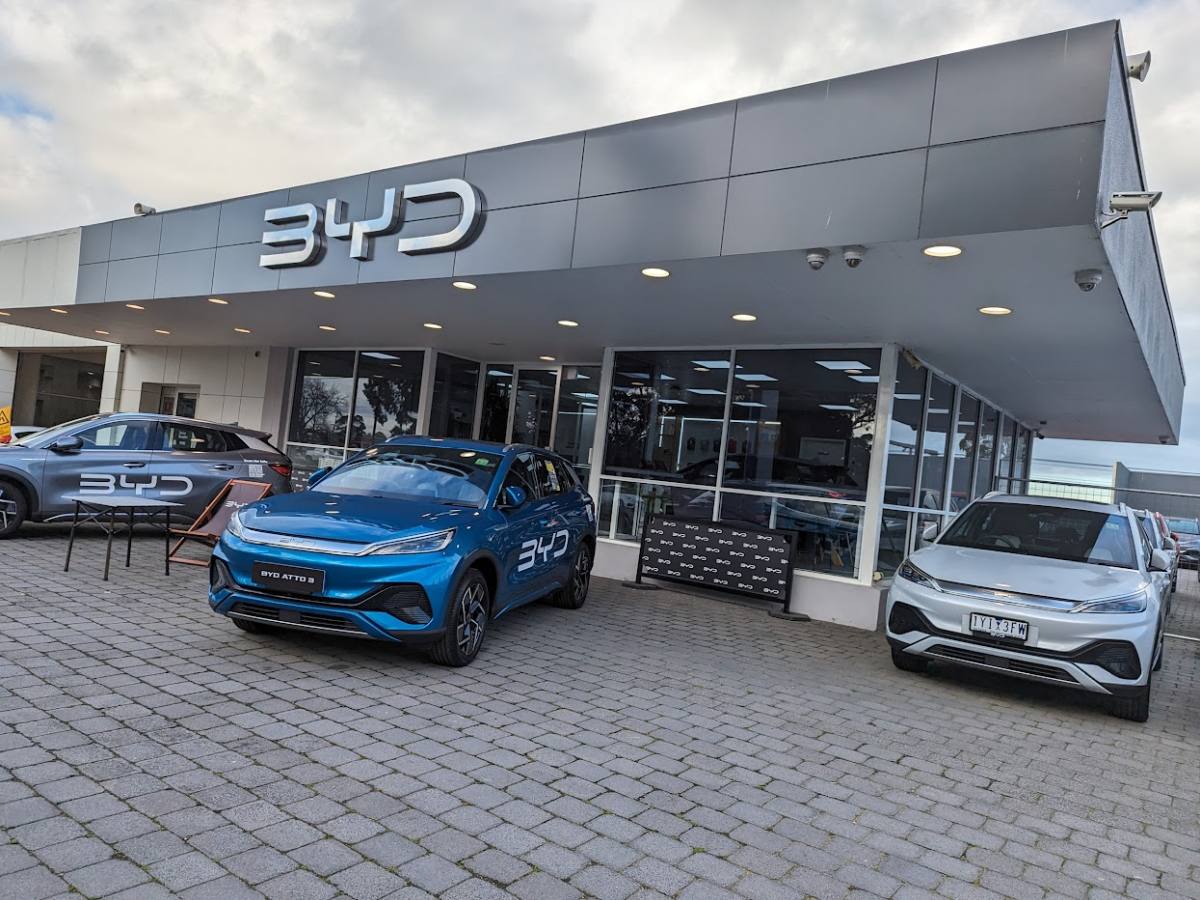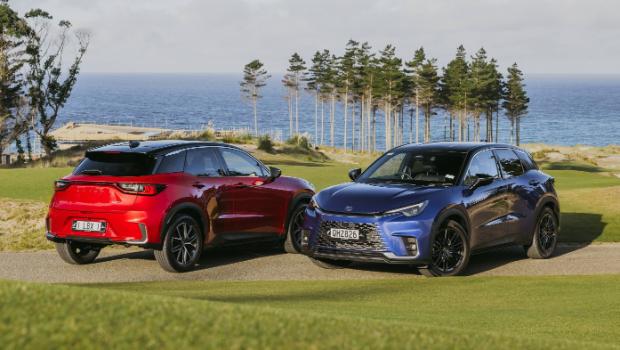BYD is currently developing its second-generation ‘Blade’ batteries, aiming to offer significant range improvements and cost reductions.
According to BYD Chairman Wang Chuanfu, speaking to Chinese website Fast Technology, the new technology will enhance the existing lithium-ion phosphate (LFP) design. The upcoming batteries will be smaller, lighter, and more efficient compared to the current LFP batteries used in BYD’s models available in New Zealand. They are expected to have capacities of up to 190kWh. Currently, BYD’s Seal model offers the highest range among its offerings, reaching up to 570km on the WLTP cycle with its 82.56kWh battery.
The forthcoming batteries are projected to achieve a range of around 1000km, albeit based on the more lenient CLTC (China Light-Duty Vehicles Test Cycle). Nevertheless, the new batteries will notably surpass the capabilities of the current ones. It remains to be seen whether the top configuration will outperform claims like the Zeekr 009’s 822km WLTP range.
Beyond the impressive 1000km range, the potential impact of the new batteries on smaller vehicles is equally intriguing. For instance, the next-generation Dolphin could potentially offer a range of over 500km, similar to the current Tesla Model Y Long Range, but with a more compact and efficient battery pack. However, the continued popularity of SUVs may present challenges to smaller car models in the market.
BYD isn’t the sole player advancing battery technology. Other companies are also making strides, with Toyota expected to introduce solid-state cells around 2027. Toyota’s solid-state batteries are anticipated to offer approximately 1200km of range, along with improved fast charging capabilities and longevity compared to conventional lithium-ion batteries.
In the interim, Toyota has announced plans to introduce ‘Performance’ lithium-ion batteries by 2026, boasting up to 800km of range, 10-80% charge times of 20 minutes, and a 20% cost reduction. Additionally, the ‘Popularisation’ battery will transition to a bipolar lithium iron phosphate (LFP) design, offering a range of 600km, a 40% cost reduction, and 10-80% charge times of 30 minutes.
Meanwhile, Volkswagen is also advancing solid-state battery technology, with recent tests indicating minimal storage capacity loss after more than 1,000 charging cycles, equivalent to approximately 500,000 kilometers on the road.








